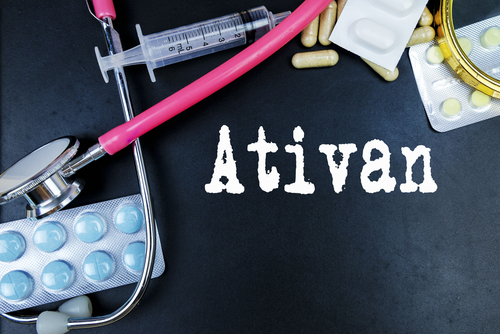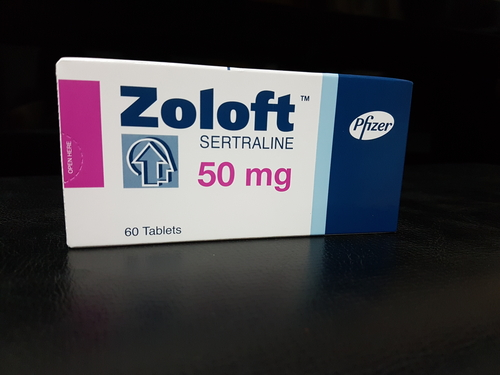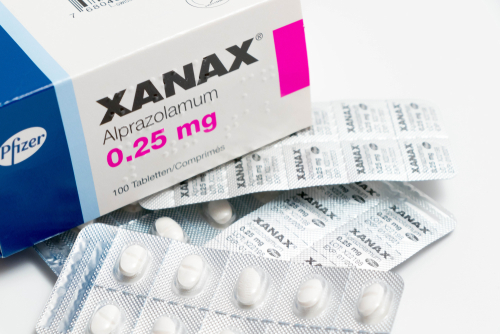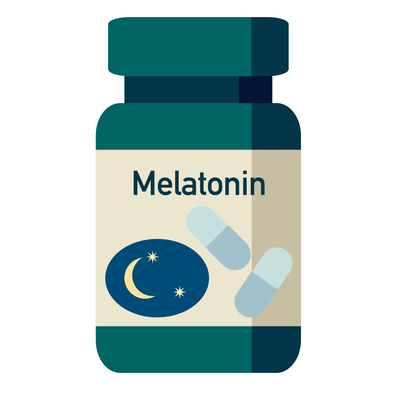The Most Effective Medication For Flight Anxiety - with and without prescription.
For many of us out there, the idea of stepping onto a plane can seem unbearable. Aerophobia, a fear of flying, is one of the more common phobias out there. What’s more prevalent still is those who, while not completely paralyzed by fear when taking a flight, still feel tangible anxiety.
Medication is often the most convenient route for those about to take a trip, and the market has various options, both natural and not, to aid sufferers. For those looking into medication before taking the skies, the choices can seem numerous and confusing; that’s why we’ve collected the list below to act as your handy guide.
Ativan

Ativan (Lorazepam) belongs to a group of medicines called benzodiazepines and is used to treat anxiety and sleeping problems that are related to stress. A prescription-only medication, it comes in both liquid and tablet form and commonly used to help people calm down before medical or dental treatments as well as air travel.
It’s not recommended to use Ativan for long periods and once again, this must be discussed and prescribed via your doctor.
Zoloft

Zoloft (sertraline) is a drug used for depression, panic, anxiety, and obsessive-compulsive symptoms. It belongs to a group of drugs called selective serotonin reuptake inhibitors (SSRIs).
It’s a powerful prescription medication, and you must first discuss with your doctor if this is the right course of action to take. Zoloft, alongside other antidepressants Paxil and Effexor, have been approved by the U.S. Food and Drug Administration for phobias.
Xanax and Ambien

Likely the most familiar names on this list, Xanax (Alprazolam) and Ambien (Zolpidem), have been used to help flyers for decades. Xanax is a benzodiazepine tranquilizer and is part of the benzodiazepine group of prescription drugs, which also includes diazepam and lorazepam. It is the single most prescribed psychiatric medication in the U.S. and works quickly.
Xanax begins working about 30 minutes after consuming and lasts around four to six hours, making it a convenient choice for air travel. Long-term use is not recommended as the addiction rate is higher than most drugs.
Ambien is commonly used for short-term sleeping problems such as insomnia. A prescription drug, Ambien usually takes an hour to come into effect but is known to have drowsy side effects. However, it is not as habit-forming as benzodiazepines and is also a lot shorter-acting than most benzodiazepines too.
Melatonin

As organic as you can go, melatonin is the wonderful hormone your brain releases to tell you it’s time to go to bed. Available in tablet form and without prescription, taking a melatonin tablet can help trigger sleep in the lightest way possible and without some of the more severe side effects which prescribed medications can give.
Usually taking effect 1-2 hours after consumption, melatonin is a far slower and safer medication to take pre-flight or if you end up experiencing a travel delay.
